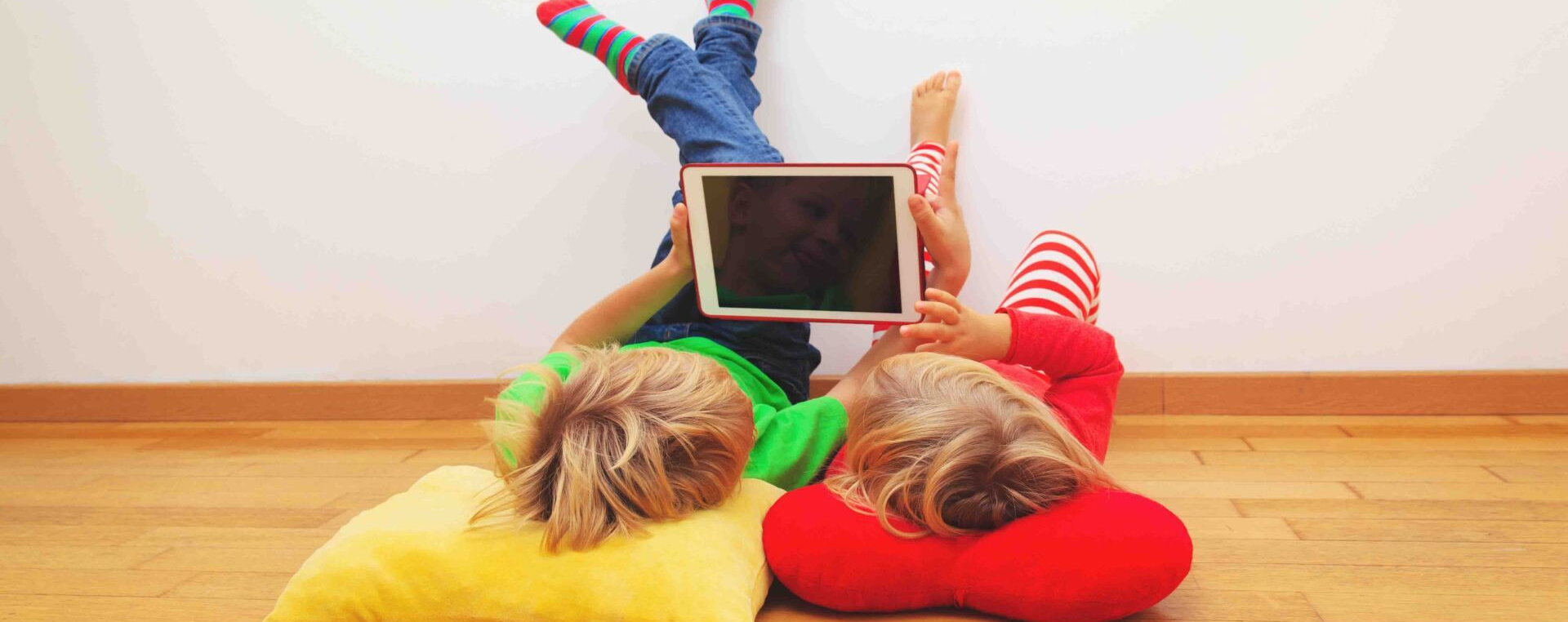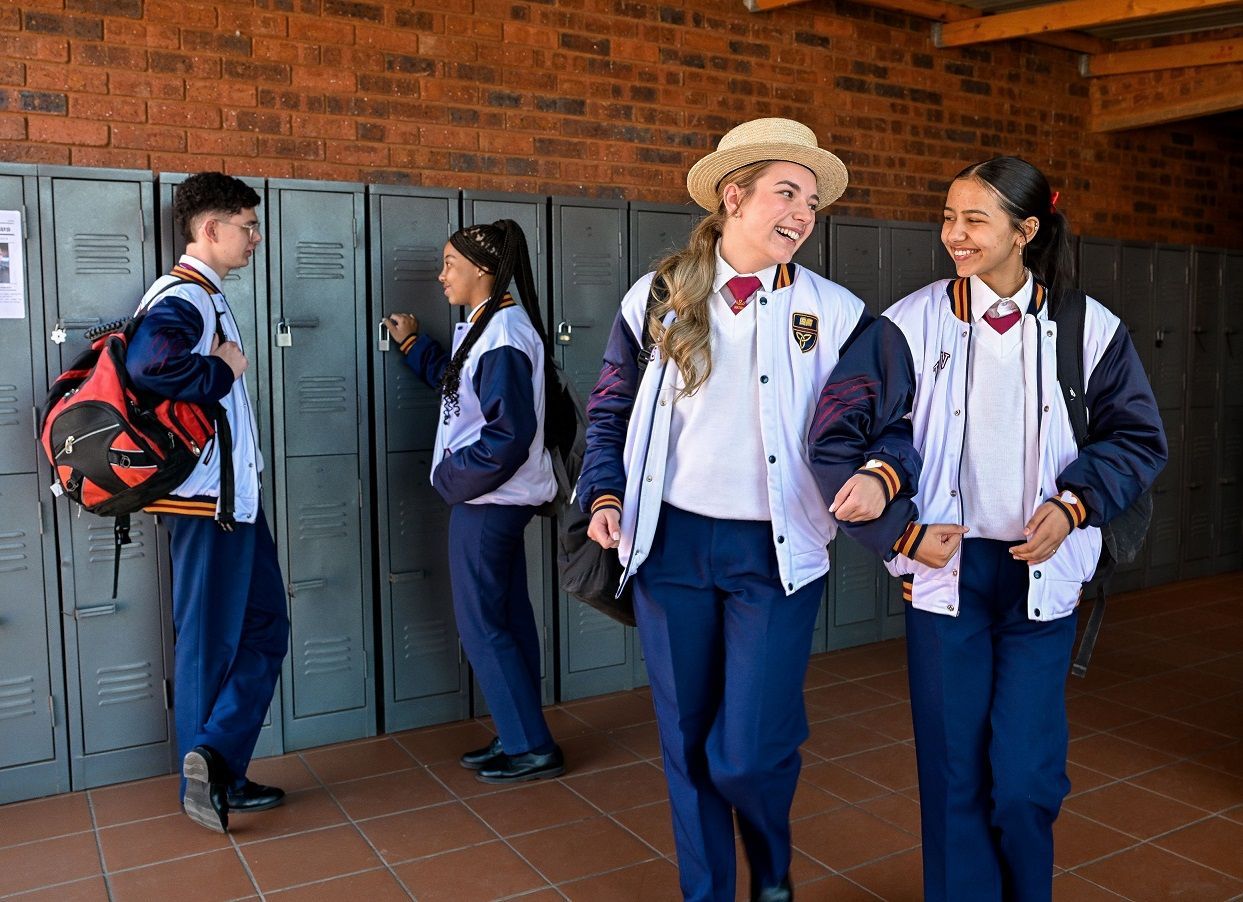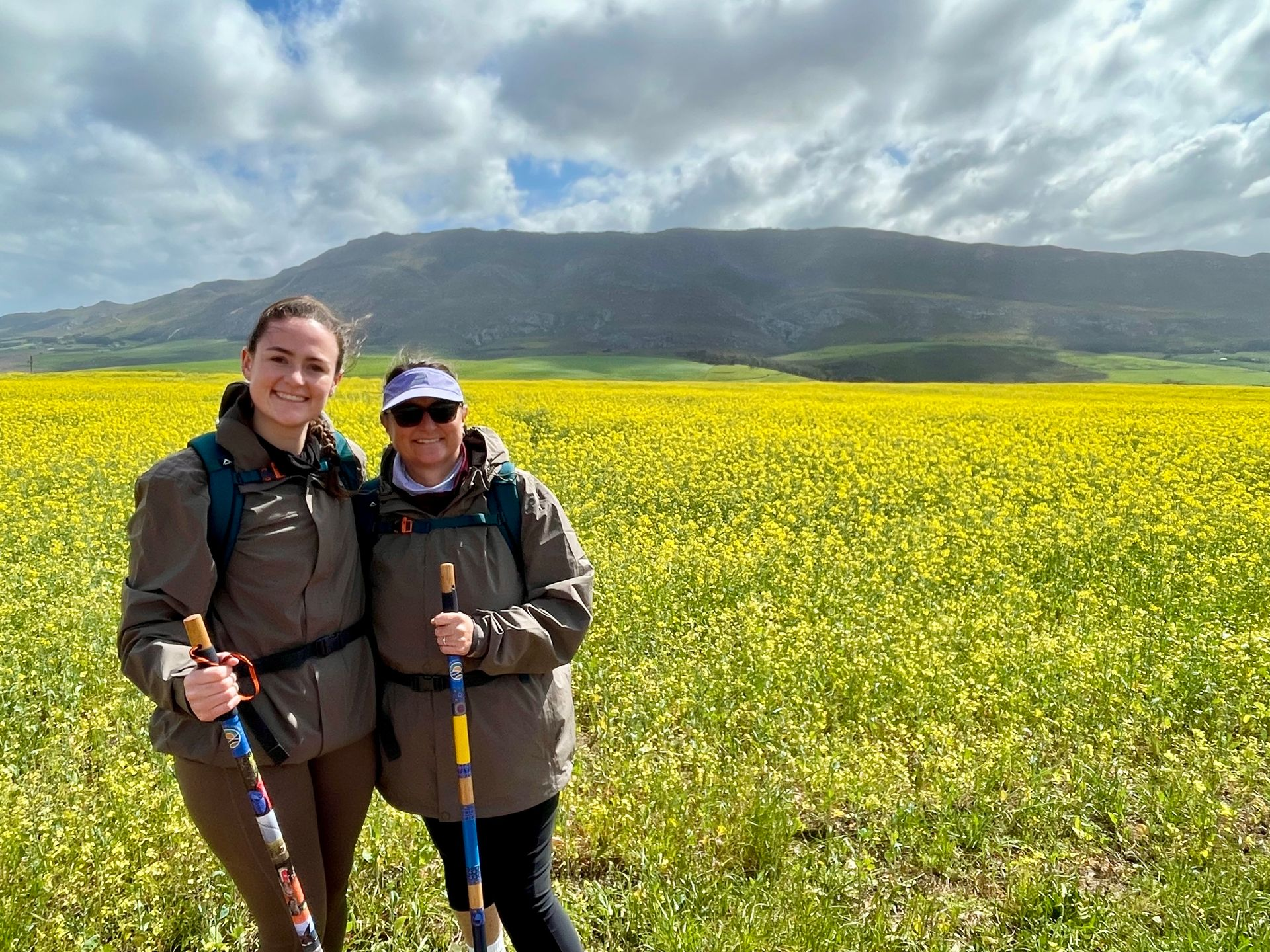5 Of The Best Educational Apps For Kids You Should Know About
The Top Educational Apps For Children

Today’s generation of kids are little digital whizzes. Technology surrounds them. From the TV they watch, to the tablets they play on, we’re living in a digital era. As a parent, you worry about your child getting too much screen time and if they’re learning anything valuable on it. Why not combine productivity and fun time into one? Here are 5 of the best educational apps for kids that you should know about.
Educational apps can be fun and useful for kids of all ages to learn from. Each app is designed to inspire bright and curious minds through visually engaging content. We’ve gathered up 5 of the best learning apps that you can download to keep your little one’s mind busy.
1. Khan Academy (Ages up to 8)
Khan Academy is a free, award-winning educational app that focuses on early childhood development. From maths and phonics to reading and writing, this app makes learning fun. You can easily choose lessons for your child off of the app’s library or choose a personalised-learning approach that is on their level.
If your little one enjoys singing and dancing, Khan Academy will have them moving and squiggling all day long!
“It shouldn’t matter how slowly a child learns, as long as we are encouraging them not to stop.”
Robert John Meehan
2. Busy Shapes & Colours (Ages up to 8)
This app is specifically designed to build a child’s fine motor skills. Kids learn about the 11 different shapes and colours with the help of a cute, animated penguin. Once one level has been passed, the next level becomes more challenging.
Since children have a shorter attention span, this app maintains that same level of engagement by adding fun effects on the shapes.
3. Fish School (Ages 2 – 5)
If ‘Finding Nemo’ made your kid wish they were part of a fish school, this app is for them. Kids can enjoy a playful under-the-sea experience with 8 fun-filled activities to choose from. They will also enhance their creative and logical thinking by finding the matching fish, learning their ABCs with fish letters and so much more.
“Children learn from anything and everything they see. They learn wherever they are, not just in special learning places.”
Unknown
4. ABCmouse.com (Ages up to 8)
If you’re looking for the best overall app, ABCmouse.com. is worth a download. It has a variety of engaging quizzes, activities and story-orientated videos for your kids to try. Even better, they track your child’s learning development with a virtual map to see how far they have come. With over 850 lessons, your child will enjoy every step of their learning adventure.
5. YouTube Kids (All ages)
Safer and more convenient, YouTube Kids was made exclusively for kids. There are hundreds of videos and engaging content for your child to choose from. Whatever their imagination, they can explore the fun and exciting world YouTube Kids has to offer. It’s ease of use makes it ideal for your kids to discover where their interests lie.
Does your child enjoy playing on their computer or tablet? If so, let us know which one of these five fun and educational apps you’ll be downloading for your kid.
We understand the important of technology and believe it will better prepare our learners for the future. That’s why we’ve incorporated a Digital Literacy Curriculum as one of our methods of teaching.
Interested in enrolling your kid at Trinityhouse? Apply now here.
To learn about who we are, read more here.
For any and all enquiries, please submit them here.














